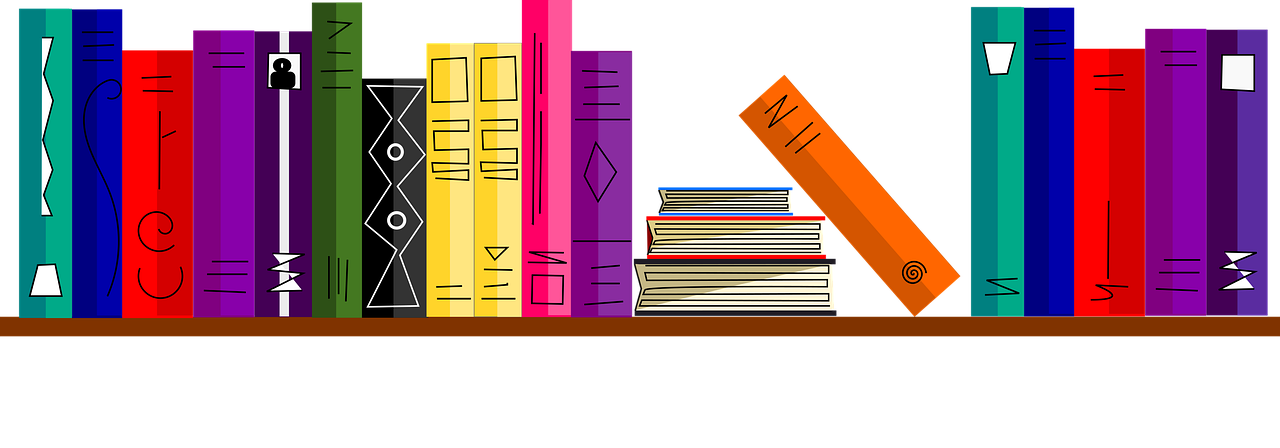Scientific writing (1): The structure of a paragraph and rules of writing & Bias-free language

1. Introduction
Today we will begin with developing scientific writing skills which are crucial for writing professional reports within AI and Data Management field. After acquiring this knowledge, you will be able to write an informative, readable report. By the end of today, we expect you to complete all the readings and complete the quizzes. It will help you to prepare for the final assignment.
If you have questions regarding the study material, you can send us an email or attend the Q&A session at the end of each self-study day. During the Q&A session, we will extensively discuss the independent study material. For details on availability see Project Brief.
Make sure to upload all the answers to the questions listed below to your GitHub account.
2. Writing style
2a Read the chapter 4 of APA 7th Edition (2020). The chapter 4 will provide you with information on writing style and grammar.
2b Read the hand-out on Rules and Conventions of Academic Writing.
2c Read the hand-out on Reducing Informality in Academic Writing.
2e Download and read the hand-out on linking words. The hand-out will help you with writing your final report.
3. Bias-Free Language
3a Read the chapter 5 of APA 7th Edition (2020). The chapter 5 presents bias-free guidelines that will teach you to write reports with inclusivity and respect.
4. Reflection and Q&A (16:00-17:00)
4a Ask question(s) related to the independent study material.
4b Choose, and provide an answer to at least of the following questions:
- What surprised you today, and why?
- What is the most important thing you learned today? Why do you think so?
- What do you want to learn more about, and why?
- When were you the most creative, and why do you think that is?
- What made you curious today? How does learning feel different when you are curious?
- When were you at your best today, and why?
- (Assuming we were studying the same thing and you could decide and have access to anything), where would you start tomorrow? Why?
- What can/should you do with what you know?
Literature
American Psychological Association. (2020). Publication manual of the American Psychological Association (7th ed.)
George Mason University Writing Center. (2017). Reducing informality in academic writing. https://d101vc9winf8ln.cloudfront.net/documents/26773/original/Reducing_Informality_in_Academic_WritingATI.pdf?1565036151
Hall, H. (2013). Rules and Conventions of Academic Writing by Hall. https://drhazelhall.files.wordpress.com/2013/01/2013_hall_rules-conventions_ac_writing.pdf